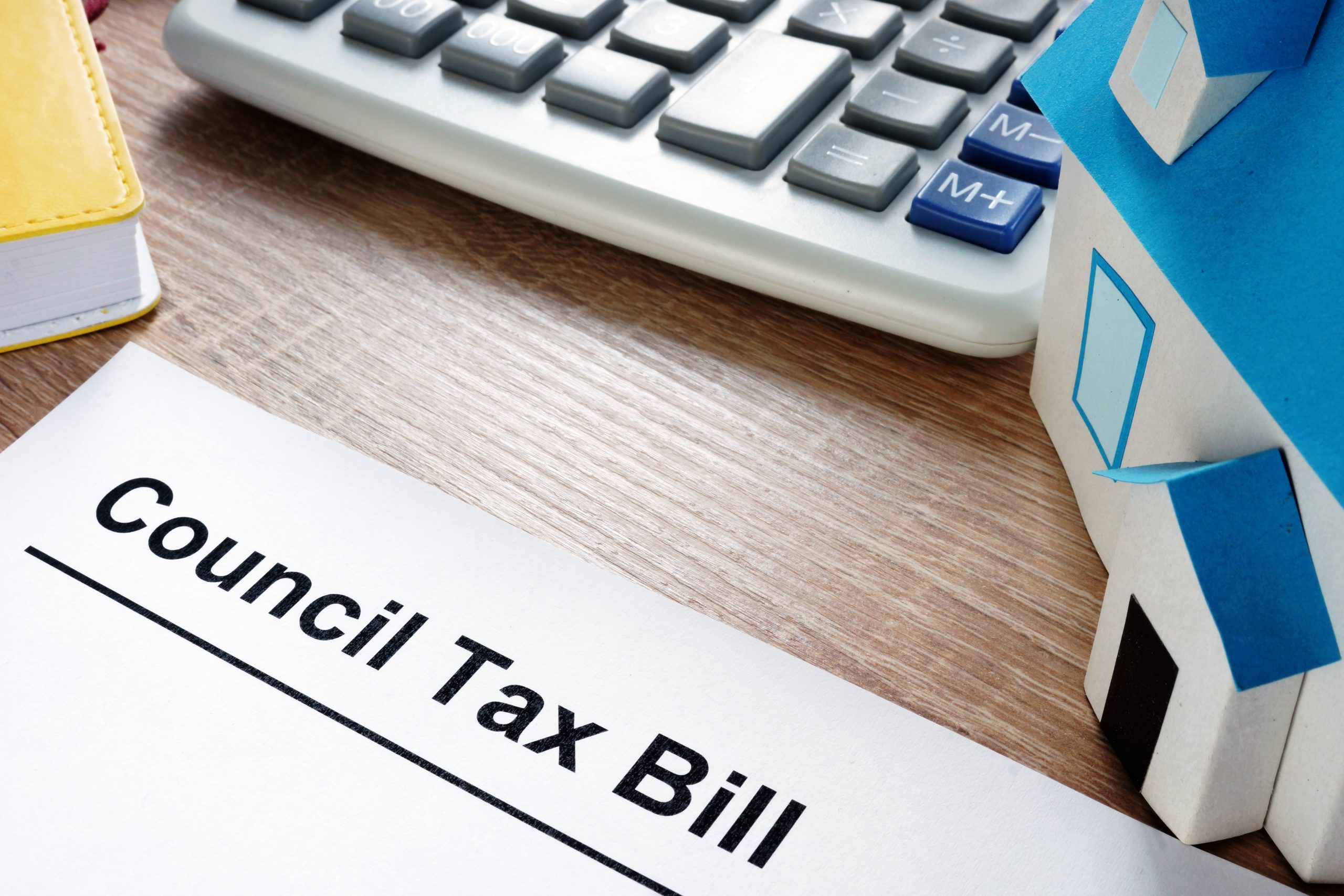Household Bills
Rise in people with mental health issues in council tax debt

A mental health charity has called for urgent support for an estimated 2.8 million people with mental health problems who fell into council tax arrears during the pandemic.
The Money and Mental Health Policy Institute (MMHPI), which was set-up by MoneySavingExpert.com founder Martin Lewis, found that people with mental health problems are three times more likely to have fallen behind on council tax payments compared to the wider population (18% compared to 6%).
It found that two in five suffering from poor mental health experienced a drop in income during the pandemic, with three in 10 having to cut back on essentials, such as foods and heating, to make ends meet.
The MMHPI said that common symptoms of mental health problems, including memory loss and reduced concentration, can make it difficult for people to understand issues around council tax as well as engaging with local authorities.
The charity’s research also highlighted that people with mental health problems face significant barriers to accessing support with council tax bills.
It found that a worrying number of people with mental health problems missed out on pandemic-related financial support measures. While 18% of people with a mental health problem fell behind on council tax bills, only 5% used a repayment holiday. Many people said they found the application process too difficult, or were unaware that this support was available.
Survey respondents reported that disclosing a mental health problem to councils can be extremely difficult and stressful. People said that they often have to disclose their mental health problems several times to different council teams, because information sharing between council departments is inconsistent.
When people do disclose a mental health problem, many do not receive additional help. More than one in three (37%) people who disclosed a mental health problem to their council said they were not offered any additional services or support.
The MMHPI is calling on central government to increase funding to local authorities, to help them provide improved financial support to residents struggling with council tax payments. The charity is also calling on councils to make it easier for people with poor mental health to get support with council tax.
Helen Undy, chief executive of the Money and Mental Health Policy Institute, said: “People with mental health problems have been among the hardest financially hit by the pandemic. Staying on top of council tax payments has become a real struggle for many, but instead of getting support from their local authority, too many people are being left to fall further behind. That’s leaving vulnerable people exposed to threats of court action and bailiff visits, at a time when they are already facing enormous financial and psychological challenges.
“More funding from central government is needed to help local authorities support residents who are struggling with bills. But councils can also make a big difference by being more proactive in reaching out to those who are struggling, and by making it easier for people to access the discounts and other support that do exist. With council tax bills likely to rise further, and many people facing a growing cost of living crisis, it’s vital that councils act now to prevent more residents falling into debt in the coming year.”